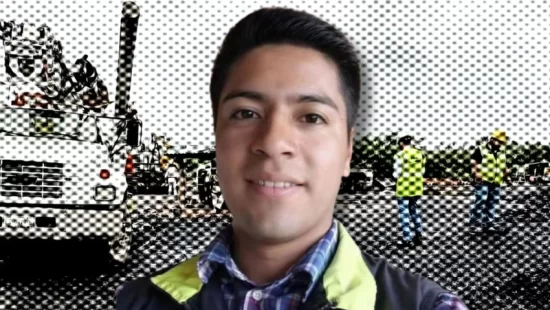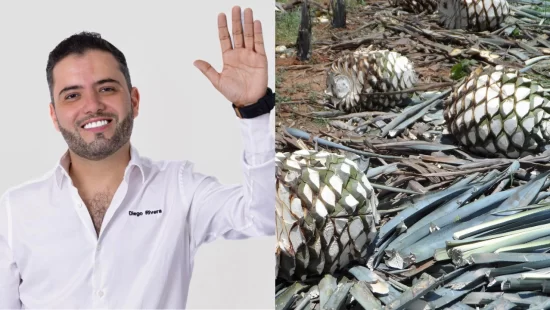Life hasn’t been easy for 74-year-old Zoila Batres.
The Guatemalan native was rejected, abused, and abandoned by her family in her home country. As an adult, she made her way north to reconnect with and care for her elderly parents.
For nearly three decades, she worked caring for four children in a family’s home. When the children grew up, she stayed on to clean the house. Meanwhile, she shared an apartment with her parents, which was also owned by the same couple.
But as she aged and began to slow down, Batres says her employer and landlord started having issues with her.
Years ago, she was evicted from her apartment and ended up living on Olvera Street for three years.
“There are a lot of dangers there, a lot of problems,” she said. “You never know the kind of people you’re going to come across.”
Still, she managed to go to work twice a week, making the long trek from Olvera Street to Torrance. She supplemented her meager earnings by collecting recyclables.
But in January of this year, she was once again forced out—this time when a new agency purchased the apartment complex.
“They threw away all my things,” Batres recalls. “I only had my clothes with me.”
She protested but was threatened, she adds.
“I was scared. I have no way of defending myself,” she laments.
“I slept on the sidewalk for three days,” she continues. “It was scary, but sometimes you have to do things even if you’re scared.”
With no money, no relatives to turn to, and no place to go, Batres turned to the one place that had long felt like a second home—Clínica Romero.
For years, she had received care there for all her health needs.
“I’ve been a patient since they opened,” she says.
She had already informed the providers and social workers at the Clínica about her housing struggles and the risk of eviction. They had promised to help.
A HELPING HAND
And help they did—when she walked into the clinic, disheveled and carrying her few belongings, with bloodshot eyes from lack of sleep.
“I’d been scared to go to sleep for three days,” she confides.
“I immediately began to cry.”
And the Clínica staff immediately began helping her.
“Thank God they helped me,” Batres says. “They’ve helped me with my health, my medicines, and they found me this place where I’m living now.”
“I appreciate all those ladies at the Clínica. They’ve been a blessing to me.”
Today, Batres shares a small room with another woman at a shelter.
“Thanks to them, I have my room. I have food, a place to shower, and a place to wash my clothes,” she says.
“I’m well. I don’t have to worry about the night coming and what’s going to happen,” she adds. “I don’t have that fear anymore. I can go to sleep peacefully and wake up to have breakfast.”
CLÍNICA’S HOMELESS SERVICES
Understanding that health is not just about physical and emotional ailments but about overall well-being, Clínica Romero also takes caregiving services to the streets.
Thanks to grants from L.A. Care and North East Valley Health Corporation, a clinic team heads out to serve the unhoused three to four times a week.
Mary MacAdam, Homeless Services Program Manager at Clínica Romero, says this outreach is part of their mission to serve vulnerable populations with care and compassion.
The “Street Medicine” program, which began in 2024 with just four to five events per month, has expanded into a consistent outreach effort taking place several times a week.
Teams composed of a doctor or physician assistant, nurses, and care coordinators visit tiny home villages, shelters, and homeless encampments to treat wounds and infections, distribute hygiene products, offer food pantry referrals, and assist with housing placements. Sometimes, members of the clinic’s dental team also join to provide services.
Last year, the Street Medicine team recorded over 11,000 medical encounters, saw 2,237 new patients, and helped house more than 20 people (10 so far this year).
Batres is one of those now with a roof over her head thanks to the Clínica Romero.
“I’ve cried so much. I’ve faced so much contempt from my family, but at the Clínica they appreciate me—they care for me,” she says.
She recommends Clínica Romero to anyone who asks or needs help.
“I know they help you,” says Batres, who has found a helping hand when she needed it most.
“I feel safer. The cold weather, the rains will come soon, and I have a roof over my head,” she says. “In the streets, you have nothing to protect you from the cold. Thank God I was lucky enough to find help from the people at the Clínica Romero.”
RESOURCES
Clínica Romero
(323) 987-1034








